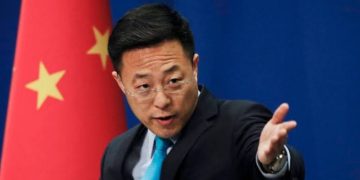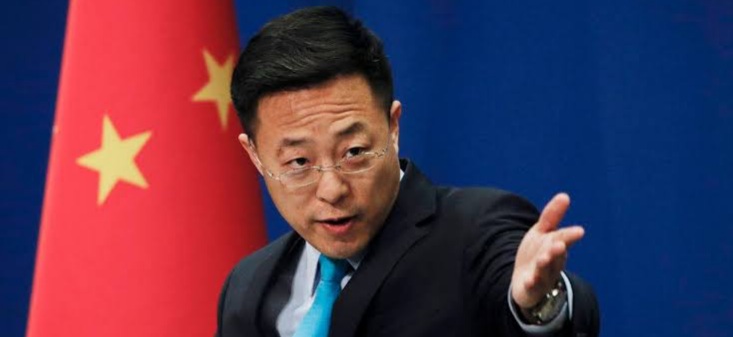By Enyichukwu Enemanna
China’s ambassador to the United States Qin Gang has rejected claims that Beijing has contributed in plunging African countries into debt, insisting rather that China is offering benefits to the continent and not a trap.
“China’s investment and financing assistance to Africa is not a trap. It is a benefit,” Qin told a Semafor news event in Washington during a forum ahead of a US-Africa summit commencing on Tuesday.
He cited a report that African countries owe three times more debt to Western institutions.
President Joe Biden of United States is set to host about 50 of African leaders for a 3-day summit in Washington, D.C., to discuss pressing challenges from food security to climate change for the first time since the Obama administration held one in 2014.
Qin said African countries should be places for international cooperation, including between China and the United States, for the benefit of Africans, not “geopolitical games.”
Qin cited a July study by the British charity, Debt Justice, that said African countries owed three times more debt to Western institutions than to China.
“China is not the biggest creditor of African debts,” Qin said. “The debt owned by China is only a small amount.”
“You can see hospitals, highways, airports, stadiums,” Qin added, calling for “concrete and workable measures” from the U.S. summit to help Africa.
Last year, U.S. Secretary of State Antony Blinken said Washington would have to do things differently to help Africa with its infrastructure needs following the Trump administration’s insulting remarks about African countries. He also said it was time to stop treating the continent as a subject of geopolitics and rather as a major player on its own.
US officials, which have faced criticism for ignoring Africa, have characterized Chinese lending as “predatory” and leading to potential “debt traps.” The United States is now focusing on facilitating private investment.
US Deputy Secretary of Commerce Don Graves, speaking earlier at the forum, said that China was the largest investor in Africa, and that U.S. companies had not always been interested in engaging in development projects.
“We took our eye off the ball, so to speak, and U.S. investors and companies are having to play catch up,” Graves said.




































